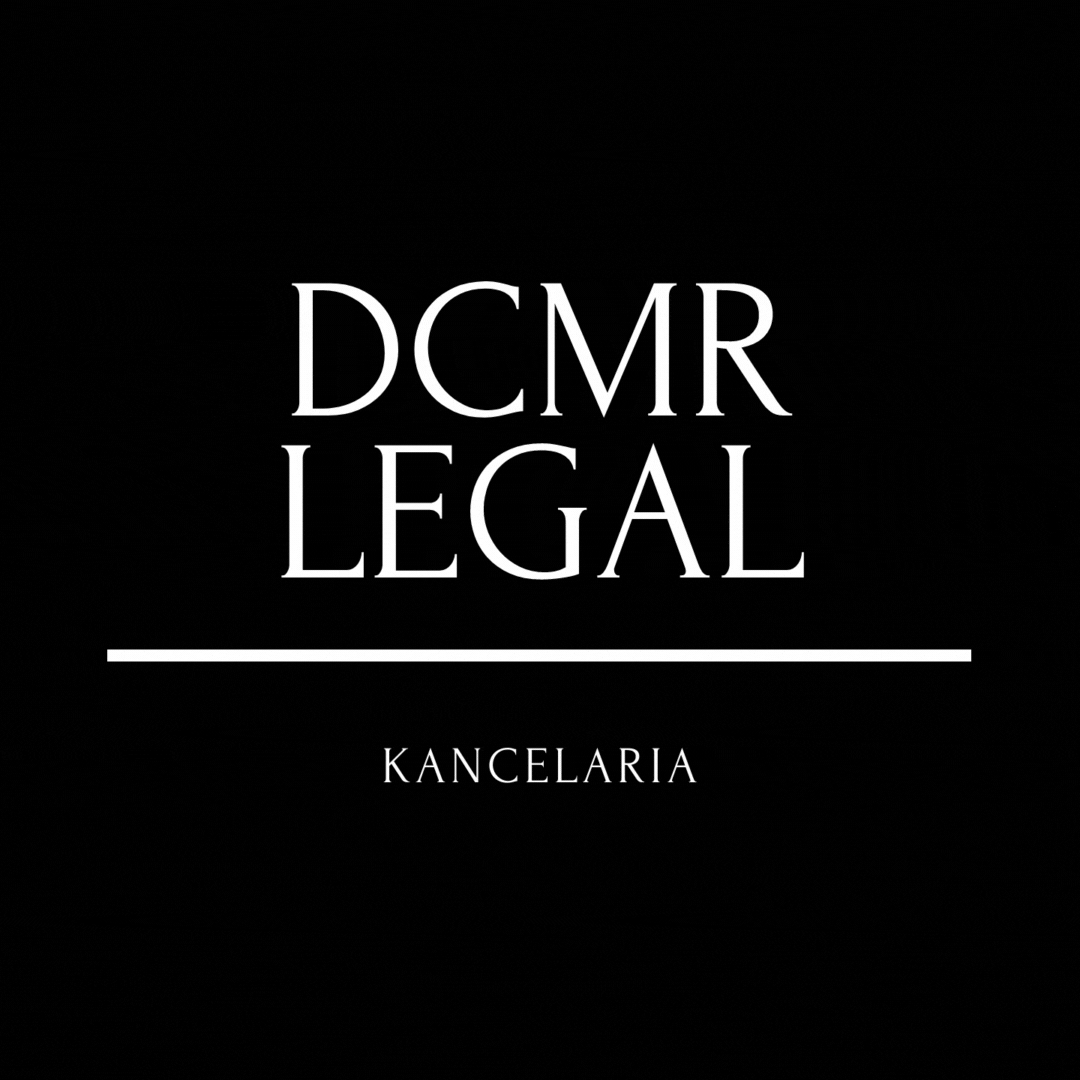International Debt Recovery: What Exporters Should Know Before Taking Legal Action
- DCMR LEGAL

- Oct 11, 2025
- 2 min read
Updated: Oct 25, 2025

Recovering unpaid invoices abroad can be challenging. Learn how international debt recovery works and when to go legal — explained by DCMR LEGAL experts.
Doing Business Across Borders Comes with Risks
When exporting goods or services, delayed payments or ignored invoices can disrupt cash flow and trust. Many exporters hesitate to take legal action abroad — but understanding how international debt recovery works can make the process faster, safer, and more predictable.
Step 1 – Amicable (Pre-Legal) Debt Collection
Before heading to court, try an amicable approach. Professional recovery agencies like DCMR LEGAL reach out to the debtor in their local language, verify the debt, and negotiate repayment. This phase is usually handled on a no win – no fee basis, meaning there are no upfront costs for the creditor.
👉 In most cases, 70–80% of debts are recovered before any legal action is needed.
Step 2 – Understanding Cross-Border Legal Frameworks
Each country has its own laws, time limits, and court procedures. Within the EU, the process is simplified by instruments like:
European Payment Order (EPO) – for uncontested debts,
European Small Claims Procedure (ESCP) – for claims under €5,000,
European Enforcement Order (EEO) – to enforce judgments across EU countries.
For non-EU countries, cooperation with local partner law firms ensures compliance and efficiency.
Step 3 – Choosing the Right Partner
When selecting a debt recovery partner, focus on:
Local presence – collectors who understand local law and business culture.
Transparent fees – clear success-based pricing.
Multilingual communication – fast, professional updates in English.
At DCMR LEGAL, we coordinate recovery through an international network in over 100 countries, including Poland, Germany, France, Italy, the UK, and the USA.
Step 4 – When to Consider Legal Action
If amicable efforts fail, legal proceedings may be required.However, not every case is worth litigating. Key factors include:
the debtor’s financial situation,
claim size and enforceability,
time limits (limitation periods).
Our team conducts a risk assessment before recommending court action — ensuring your investment makes business sense.
Step 5 – Enforcement and Payment
Once a judgment is obtained, local bailiffs or enforcement officers can act quickly to seize funds or assets.With modern cross-border enforcement tools, results are faster and more transparent than ever before.
Why Work with DCMR LEGAL
🌍 Global coverage: over 80 jurisdictions.
⚖️ Legal compliance: coordinated with local attorneys.
💬 Transparent communication: full updates in English.
💼 No win – no fee in the amicable stage.
Need Help with Unpaid International Invoices?
Don’t wait until debts expire or become uncollectable. Our experts handle international B2B debt recovery from start to finish — ethically, efficiently, and worldwide.
📧 Email us at info@dcmrlegal.com



